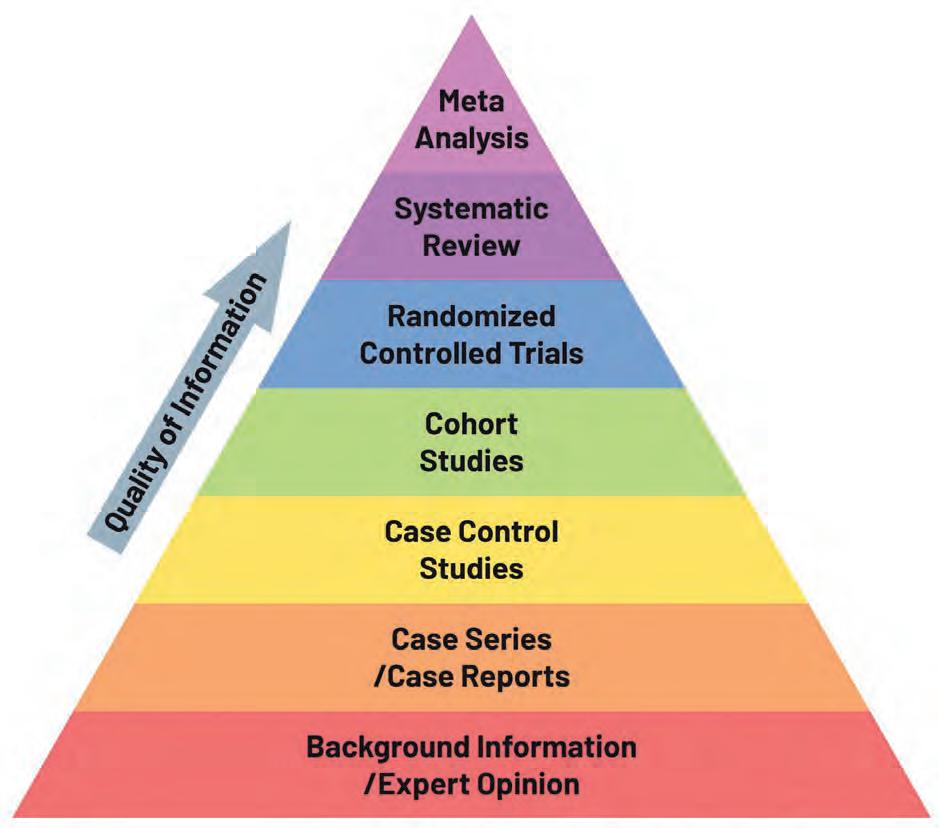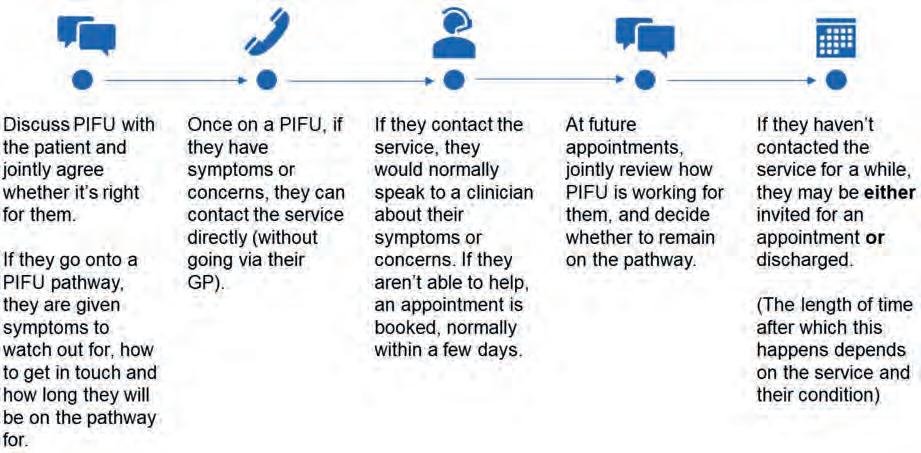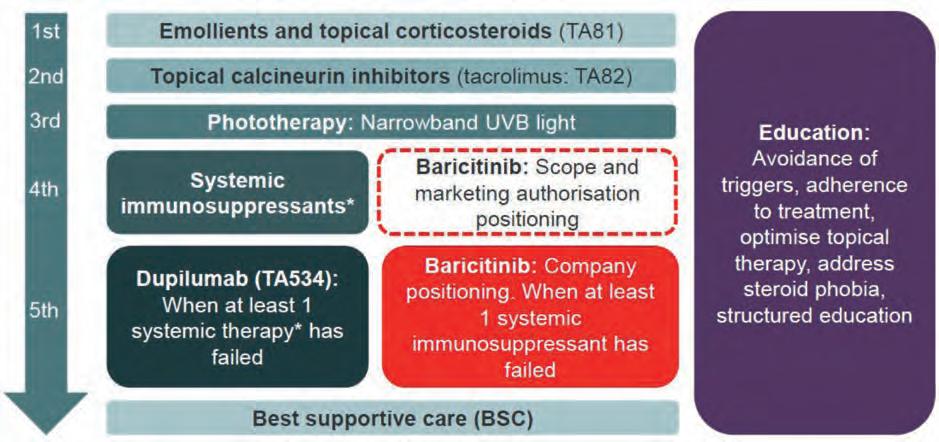EDITORIAL
Emergency Steroid Cards and guidance for dermatology nurses Polly Buchanan Polly Buchanan is a Community Dermatology Nurse Specialist at NHS Fife, Queen’s Nurse, and Clinical Editor of Dermatological Nursing.
I
n the BDNG news e-Bulletin sent on 30th April 2021, there was a notification relating to Emergency Steroid Cards, with links to related papers and guidance. Having read the notification and relevant papers I thought it important to again bring this issue to the attention of our readers. This is not to be alarmist, but to support and guide readers to the relevant, up-to-date evidence and guidance, which will inform our practice and keep our patients safe. In August 2020, NHS England, supported by the Royal College of Physicians, Royal College of General Practitioners and the Society of Endocrinology, issued a National Patient Safety Alert¹ for the dissemination of patient held Steroid Emergency Cards to support early recognition and treatment of adrenal crisis in adults. This was due to several associated deaths. This relates to all adult individuals who are steroid dependent and at risk of adrenal insufficiency, including primary adrenal insufficiency (Addison’s disease, congenital adrenal hyperplasia, and Hypothalamo-pituitary damage) as well as those at risk of secondary adrenal insufficiency due to intake or application of exogenous steroids (oral, injection, inhaled, nasal, rectal and topical).1 Guidance has been published and can be accessed at: https://www.rcpjournals. org/content/clinmedicine/20/4/371. The guidance outlines the steps which can 8
be taken to avoid adrenal crisis in at-risk individuals should they become seriously ill, traumatised or require surgery. Specific actions were highlighted which were to be in place by 31st May 2021. These include: Awareness of the issue for all healthcare professionals Complete review of policies, processes, procedures and electronic prompts relating to steroid prescriptions to ensure prescribers also issue a card if appropriate. Patient held emergency steroid cards are available from: http://www.nhsforms. co.uk/ and at: https://secure.pcse.england. nhs.uk/_forms/pcsssignin.aspx In response to this new guidance, David Erskine, Specialist Pharmacy Services (SPS), and Helen Simpson, on behalf of the Society for Endocrinology Steroid Emergency Card working group, published a paper which comprehensively addresses the issues surrounding exogenous steroids, adrenal insufficiency, and adrenal crisis with clear guidance on identifying those at risk and management strategies.2 This guidance has been endorsed by the British Association of Dermatologists and the Society of Endocrinology.² I strongly recommend reading this guidance and incorporating relevant assessments, procedures and patient education into nursing practice. For us, the relevance of this paper lies mainly in the supply and administration of topical corticosteroids (TCS), which is an everyday practice in dermatology. It will be important for us to consider our prescribing practice, especially where the use of potent or very potent topical corticosteroids are utilised.
Dermatological Nursing, 2021, Vol 20, No 2
This guidance also advocates assessment and monitoring of all exogenous steroids, whether oral, articular, inhalational, nasal, rectal, or topical. The total accumulation of all steroids can, to a lesser or greater extent, put the patient at risk of adrenal insufficiency, especially if longer term use of potent or super potent steroids are applied topically (>200g potent TCS / week for four weeks or more), which may also include daily inhaled steroids or short course oral steroids. It is important we are aware of this new guidance so that we can reassure patients and colleagues of safe and effective practice and avoid any further steroid phobia. It is likely few of our patients will require an emergency steroid card, but not impossible. It is very reassuring to know that best practice already includes individual written patient care plans which clearly define reducing regimens for potent and super potent TCS. DN
References: 1. Society for Endocrinology Clinical Committee and the Royal College of Physicians Patient Safety Committee 2020. Guidance for the prevention and emergency management of patients with adrenal Insufficiency. Available at: https://www.rcpjournals.org/ content/clinmedicine/20/4/371 [last accessed June 2021] 2. Erskine D, Simpson H. Exogenous steroids, adrenal insufficiency and adrenal crisis: Who is at risk and how should they be managed safely. Specialist Pharmacy Services (SPS), Society for Endocrinology Steroid Emergency Card Working Group 2021. Available at: https://www.endocrinology.org/media/4030/ spssfe_supporting_sec_-final_hls-19022021-2-1.pdf [last accessed June 2021].
Resources: NHS England: https://www.england.nhs.uk/2020/08/ steroid-emergency-card-to-supportearly-recognitionand-treatment-of-adrenal-crisis-in-adults For any enquiries about this alert contact: patientsafety. enquiries@nhs.net www.bdng.org.uk
CONVENTIO
Methyl amino












